With more than ten years of experience in trading Turkish fruit and vegetables, Cem Varnatopu can rightly call himself a specialist. Fabricio Torres, Torres Tropical's owner, is only too happy to partner closely with Cem. "His enthusiasm and passion for Turkish goods are contagious," says Fabricio.
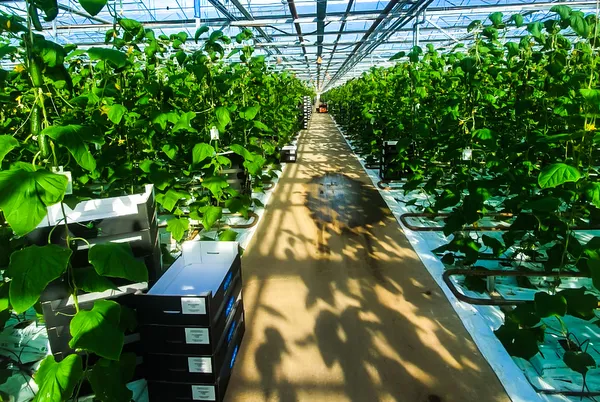
Frutolia was founded in the Netherlands in May 2020. This trading house focuses on Turkish imports for the European market. Owner Cem Varnatopu has been active in trading Turkish fruit and vegetables for many years and knows the market inside out. "I've known Cem for quite a long time," says Fabricio. "I used to have regular contact with him for fig imports. At that time, he was still working for a Turkish exporter."
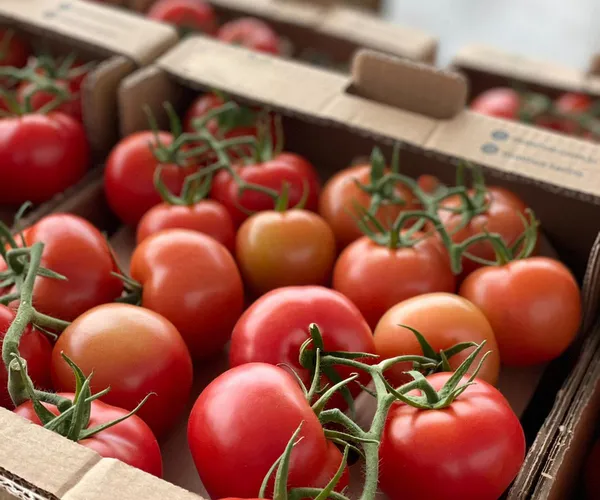
"In fact, Torres Tropical has been linked to Turkey for about ten years. We've kept in touch, partly because of Cem's ambition and drive for Turkish fruit and vegetables. Our companies are in the same building, and we were already working together back and forth. Our cooperation intensified this year, and Frutolia now falls under Torres Tropical. The Frutolia name and brand, however, remain," Fabricio explains.
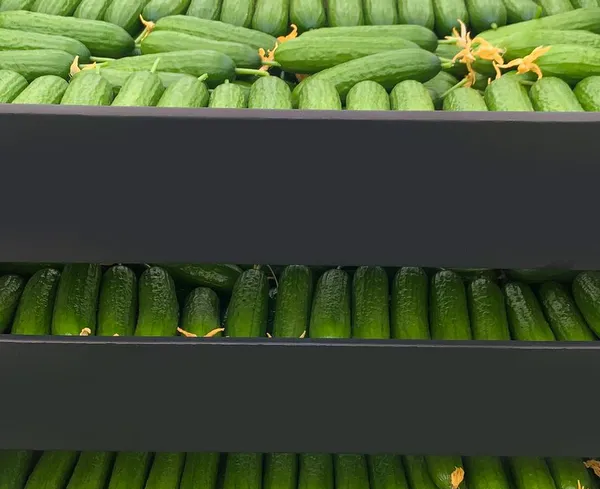
Passion for Turkish products
These companies' teams have been working fully together for a couple of months, and it is going very well, say both men. Fabricio: "That's mainly due to Cem's enthusiasm and passion for Turkish trade. It's contagious; everyone gets excited. Torres Tropical specializes in importing tropical fruit from across the world. We distinguish ourselves with South American exotics. For Turkish trade, Cem is the man. Who better to sell Turkish fruit and vegetables than someone who fully knows production in Turkey and the European market for Turkish wares."
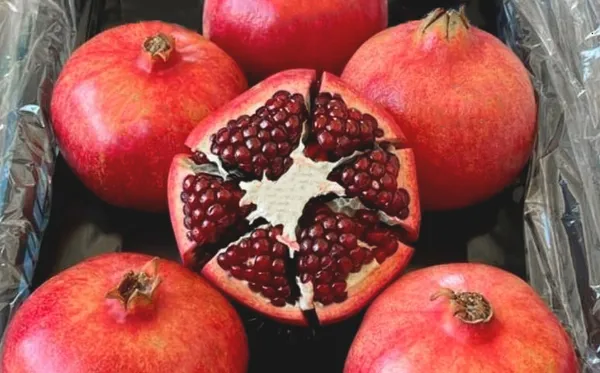
"Cem has all the knowledge and experience. He knows where to find the best products and has invested in good, reliable relationships. That's worth so much. Our customers appreciate this, and their confidence in us is increasing. The Turkish imports are a nice addition to our exotic range. We'll be going on a trade mission to Turkey together soon, so I can see with my own eyes where Cem's passion originates," Fabricio remarks.
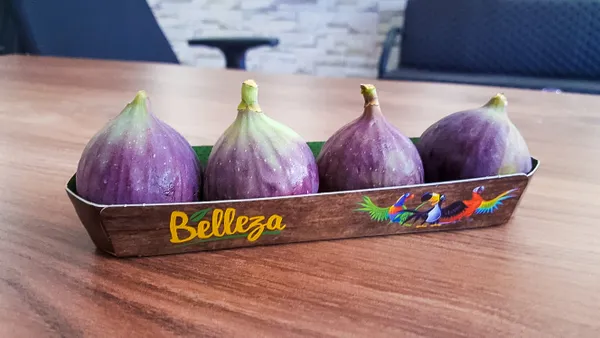
Black figs: a top Turkish product
Turkish black figs are popular on the European market. They are mainly grown in Mersin, Aydin, and Bursa. Bursa figs are known for their high quality. They are considered the best black figs in the world and have even received a geographical indication certificate for this. There is little real competition for Turkey's black figs, making the product a strong niche product. Production is still increasing. More and more Turkish black figs are being exported, especially by air freight. The Netherlands, France, Germany, and the United Kingdom are important buyers.
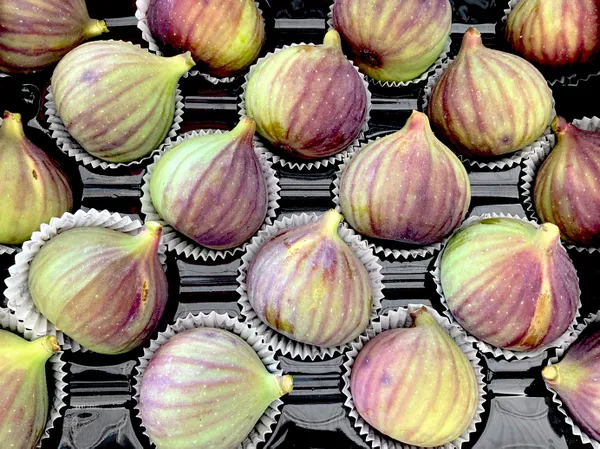
Flown-in black figs
Their Turkish imports include a wide assortment of fruit and vegetables, focusing on fruit. The trading house receives supplies from Turkey two to three times a week. "Flown-in black figs are an important product for us," says Cem. "I dare say these are the best black figs in the world. The air freight green fig season begins in late June."
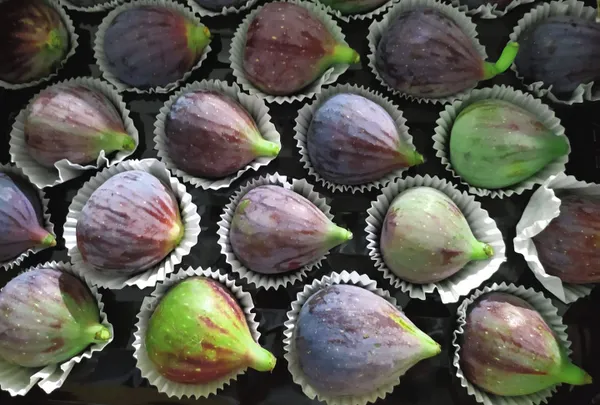
"From August, we start getting large volumes by truck. Then the fig season begins in Aydin too. That's an important black fig growing area in Turkey. We receive these first by air, and later also by truck, and then the well-known black Bursa figs come on the market."
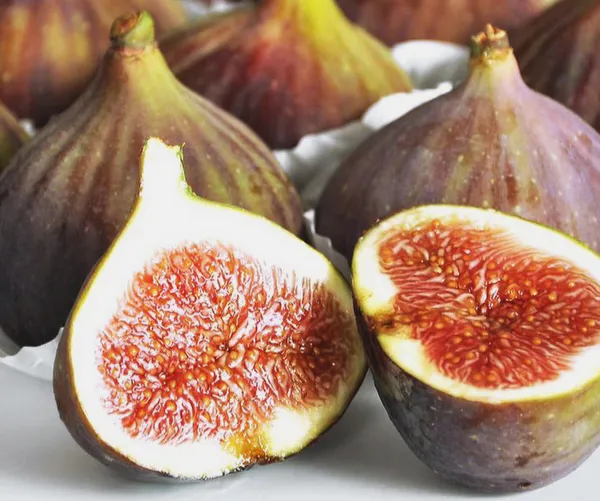
“We also sell grapes, pomegranates, and cherries. We import large volumes of the latter in May and June. And we're doing more and more Turkish vegetables, including tomatoes and zucchini. We focus mainly on vegetables with added value, like mini cucumbers, zucchini, and eggplant. We buy all our products directly from producer organizations, with whom we have built up stable relationships over many years. We help them with things like the necessary certifications, too," Cem continues. Most of the products go to retailers all over Europe.
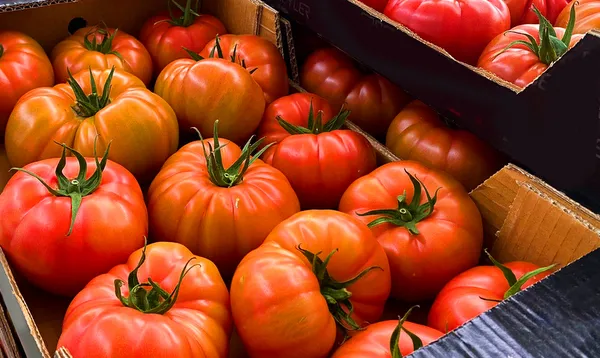
Good market for Turkish pears
A lot of pomegranates, for instance, go to Scandinavia and Austria. Spain is another important buyer, besides or to supplement their production. Just about all Northwest European countries, as well as the United Kingdom, buy Turkish grapes. "This year, we're doing a lot of Turkish pears too because of the competitive prices."
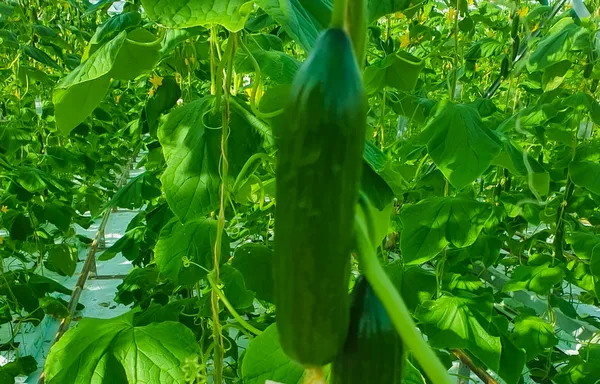
"Normally pears from Turkey remain on the domestic market, but they're now also doing well abroad. That's partly due to Conference pears' high prices, the most widely consumed variety here. There's a lot of interest in our Turkish pears, which are an attractive alternative," says Cem.
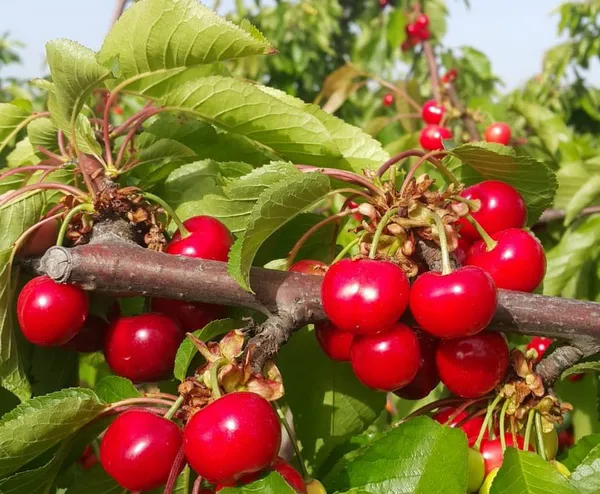
Investing in improving the Turkish fruit and vegetable sector
The Turkish fruit and vegetable sector is developing rapidly. The favorable exchange rate ensures a good competitive position and is currently a major advantage. "There's a lot of investment in the sector too, also from the Turkish government. We're involved in this from our position in the European market. For example, new warehouses are regularly being built, and more attention is being paid to quality and certifications."
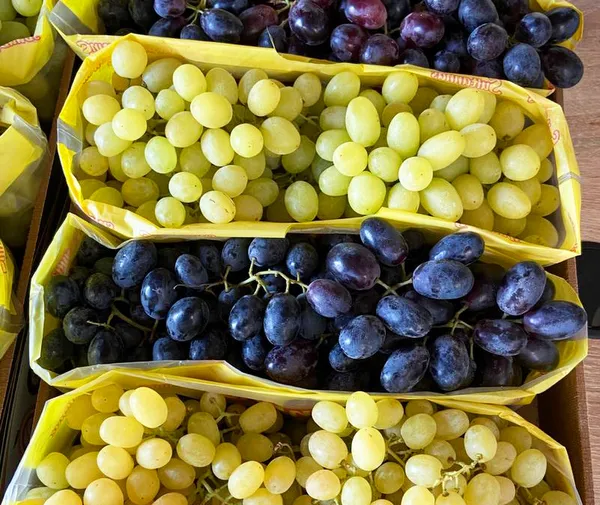
"Another positive development is that products are increasingly being purchased directly from the source. We're happy to use our knowledge and relationships to help connect the best partners," adds Cem. "Turkish imports' short transit times make them interesting, logistically. A container can reach Rotterdam within a week."
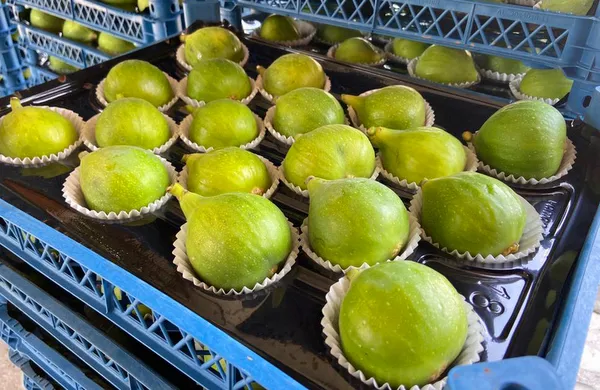
"Sea freight poses a challenge. The rising costs and container shortages sometimes cause issues. Nevertheless, we focus mainly on the opportunities. For instance, they're currently doing trials with greenhouse cultivation of exotics; we foresee good opportunities in that," Cem concludes.
Cem Varnatopu
Frutolia
cem.varnatopu@frutolia.com
Fabricio Torres
Torres Tropical BV
+31(0) 85 88 86 242
fabricio@torrestropical.com
www.torrestropical.com
